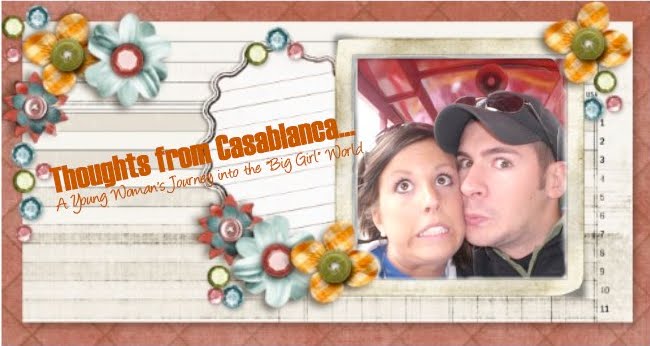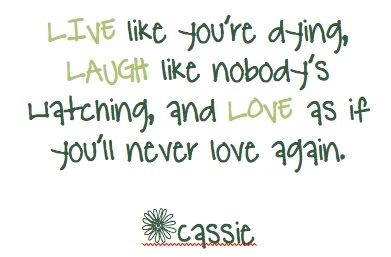As some of you may have noticed, I'm pretty serious about education. I am passionate about learning... no, more like I am addicted to learning. The more I reflect upon my childhood and educational experiences, I discover clear signs of my number-riddled destiny. My favorite activities in Montessori preschool were speedily outperforming calculator problems on an abacus, excitedly counting to 1000 on the number-bead chain, and learning about multiplication and division before entering the 1st grade. Outside of school, I demonstrated even more math-nerd inclinations. I adored playing with Tangrams, quickly completing the Tower of Hanoi (which I finally figured out was math related my junior year in college!), tinkering with my fathers business calculator, destroying the majority of my opponents in Monopoly and logic puzzles were my favorite past-time. It was evident to both my parents and my teachers that I was utterly fascinated and enthralled by numbers.
For those of you unfamiliar with the Montessori philosophy of education, Maria Montessori believed education should be driven by student curiosities. Montessori encouraged the development of "scientific thinking" by harnessing a child's curiosity and innate inquisitiveness. Each child followed their own path of education based upon their interests and aptitudes (although there were basic concepts that all students had to master prior to graduation). Students were never limited in their search for knowledge and always encouraged to improve. For example, I learned and understood the concepts of multiplication and division prior to entering 1st grade because math was my strength. Handwriting and spelling were difficult for me (and quite frankly, still are) and as a result, I wasn't able to complete as many tasks as my peers whose strengths fell in linguistics. Montessori also recognized the unique opportunity early-childhood educators had in instilling a passion for learning. Using curiosity to drive educational activities (math, science, reading, writing and practical items such as sewing a button), children learned to ask questions in order to inquire about knowledge and how things worked. It was never acceptable for students to absorb the information without considering its implications or understanding from where the knowledge originated.
With all of that said, what are we doing to entice learners, to motivate them, or to set-them-on-fire intellectually? Do we really think that mastering mandated standards in a teacher-centered, lecture-driven and de-contextualized environment will produce better and more innovative students? What are we really teaching? Are we teaching students to follow the rules or to question them respectfully? To absorb information thoughtlessly merely to regurgitate it on assessments or to harness knowledge through meaningful applications? Are we teaching them information in a manner irrelevant to their lives or are we encouraging connected and compassionate learners by creating a global learning community centered on technologies rampant in their daily lives? What happens to creativity and curiosity?!
Current legislation regarding standardized testing is likely to linger for a while. But can we find a way to balance skill-mastery and creating learning environments that motivate and encourage students to learn? Yes. Does it require more work on the teacher's part? Yes. Is it worth it? You better believe it. I had an incredible student teaching opportunity to teach a discovery-based math curriculum where students discovered concepts through meaningful applications. I lectured very little and the students were engaged. They took control of the learning while I merely facilitated by asking probing questions. Did they perform well on assessments? YES!
Here's a better example of a learning environment that motivates student learning and curiosity. This is the type of classroom I envision for my students. Unfortunately, I feel as though I in the minority of secondary teachers that desire this type of "organized chaos" over straight rows and silence.
Wednesday, July 28, 2010
Subscribe to:
Post Comments (Atom)





















No comments:
Post a Comment